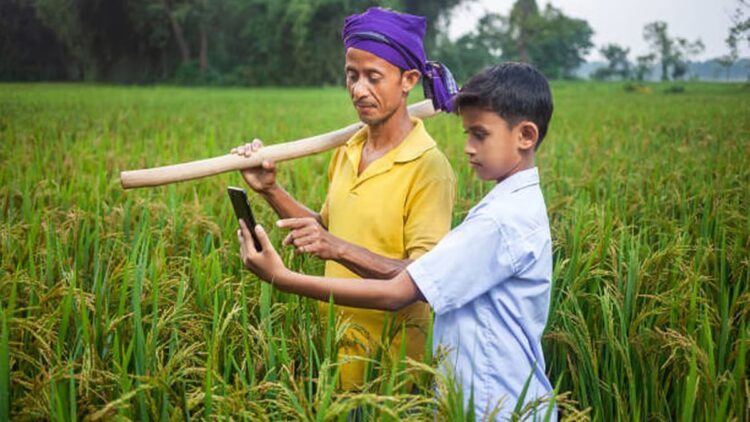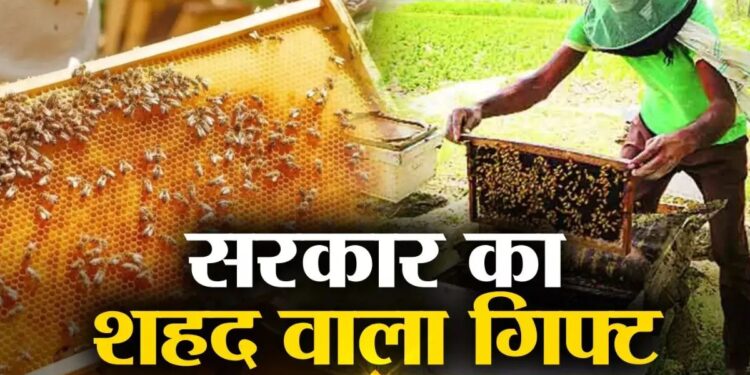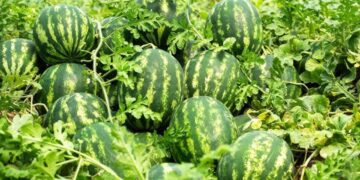The Government of India is running several schemes to help the farmers. One of these is the Traditional Agricultural Development Scheme (PKVY), which was launched in 2015 to promote organic farming. The scheme is part of the Soil Health Management (SHM) under the National Sustainable Agriculture Mission (NMSA).
Also read:- Gachapel is a means of earning at low cost, it will be the rain of money as soon as it starts.
Use of natural resources
Under this scheme, farmers are encouraged to use more and more natural resources such as cow dung, cow urine, organic manure, etc., so that the use of chemical fertilizers and pesticides is reduced.
Cluster based farming
Organic farming is done on 20 to 50 acres of land by forming a group of 50 or more farmers under the PKVY scheme. This provides the benefit of farming with solidarity.
Promotion of biological certification
The government promotes local biological certification at the local level through PGS-India (Participatory Guarantee System), in which trust and participation play an important role.
Emphasis on increasing soil fertility
Under the scheme, focus is on improving soil health, conservation of natural resources, and reducing the effect of climate change.
How much financial assistance is it?
The government helps farmers up to ₹ 31,000 per hectare for three years to start organic farming.
Central and state government partnership
In this scheme, the central and state governments together funds the ratio of 60:40. In the Himalayan and North Eastern states, this ratio is 90:10 and the central government provides 100% help in union territories.
Also read:- Make your onePlus’s Jhajjham smartphone, strong battery which goes on non-stop throughout the day
How many farmers are connected?
So far, about 8.89 lakh farmers have joined this scheme and 315 regional councils are working in it.










